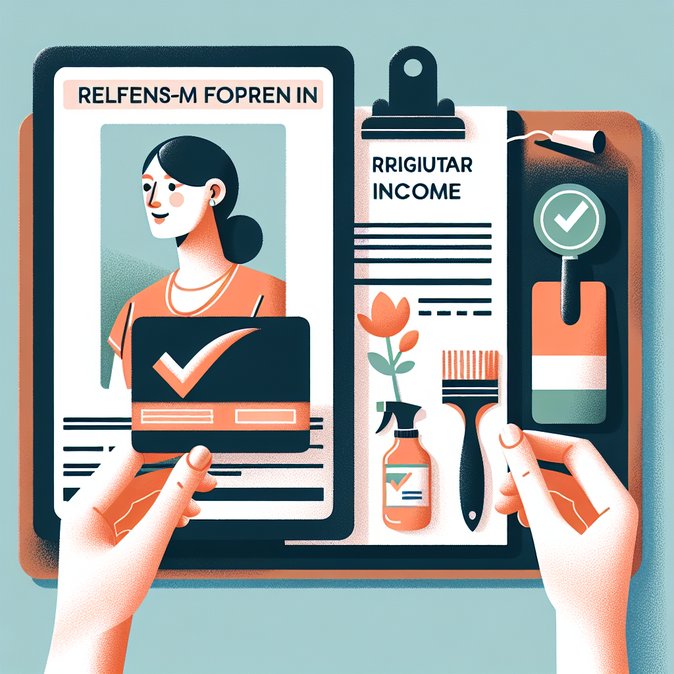
Italy’s Administrative Court for Liguria (TAR) set an important precedent on 22 October 2025, overturning the Questura di Imperia’s decision to deny a long-term residence-permit renewal to an Egyptian self-employed worker solely because he was behind on social-security contributions.
The judges held that unpaid taxes or contributions may trigger other sanctions but, by themselves, do not prove the applicant lacks ‘sufficient means of subsistence’—a prerequisite under Article 9 of the Consolidated Immigration Act. They also criticised the police for factoring in the applicant’s lack of a privately owned vehicle as an indicator of economic fragility, calling the metric “arbitrary”.
Immigration lawyers say the ruling will help freelancers and gig-economy workers who often face cash-flow gaps yet contribute to Italy’s service sector. Employers should nevertheless remind foreign contractors that demonstrating consistent revenue remains best practice.
The Questura may appeal to the Council of State, but for now the TAR decision narrows the grounds on which police can reject renewals and could reduce litigation across Liguria and beyond.
The judges held that unpaid taxes or contributions may trigger other sanctions but, by themselves, do not prove the applicant lacks ‘sufficient means of subsistence’—a prerequisite under Article 9 of the Consolidated Immigration Act. They also criticised the police for factoring in the applicant’s lack of a privately owned vehicle as an indicator of economic fragility, calling the metric “arbitrary”.
Immigration lawyers say the ruling will help freelancers and gig-economy workers who often face cash-flow gaps yet contribute to Italy’s service sector. Employers should nevertheless remind foreign contractors that demonstrating consistent revenue remains best practice.
The Questura may appeal to the Council of State, but for now the TAR decision narrows the grounds on which police can reject renewals and could reduce litigation across Liguria and beyond.






